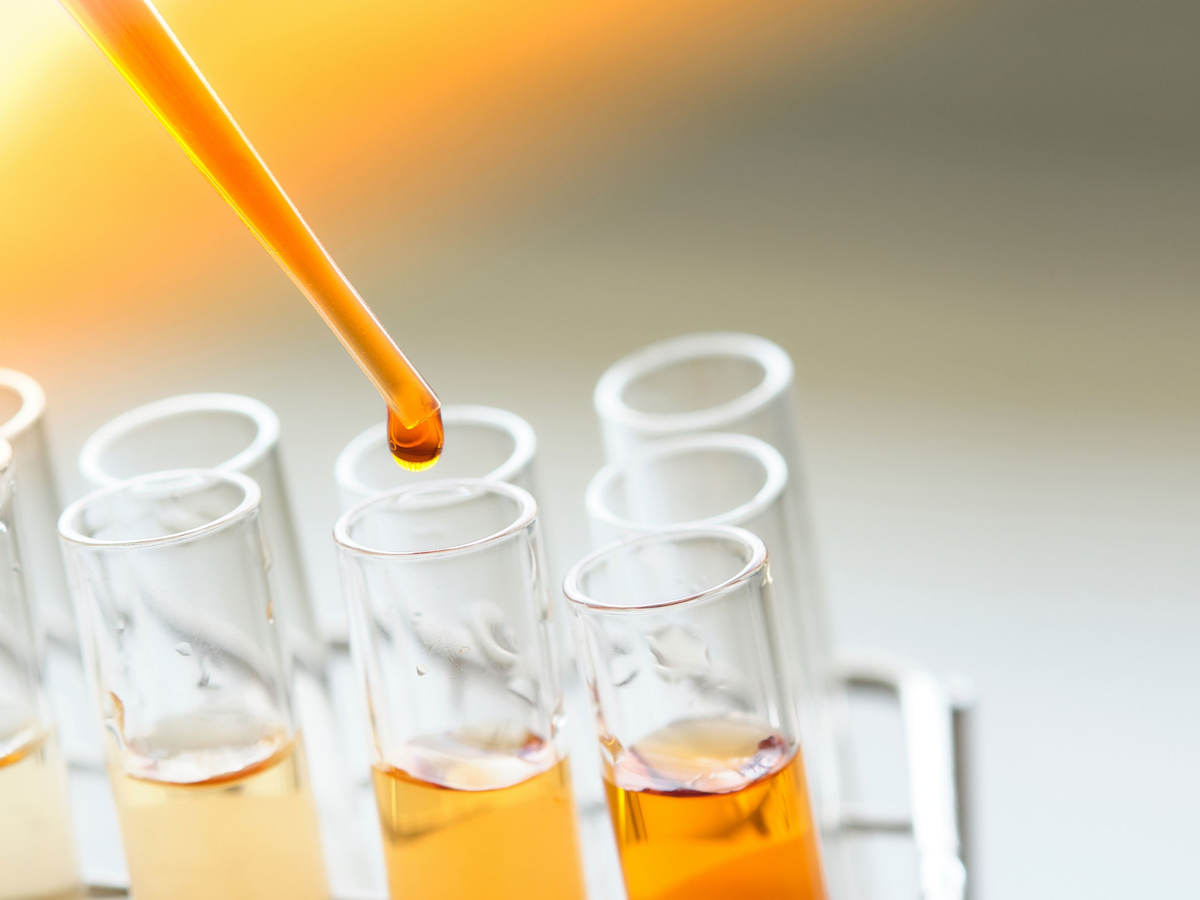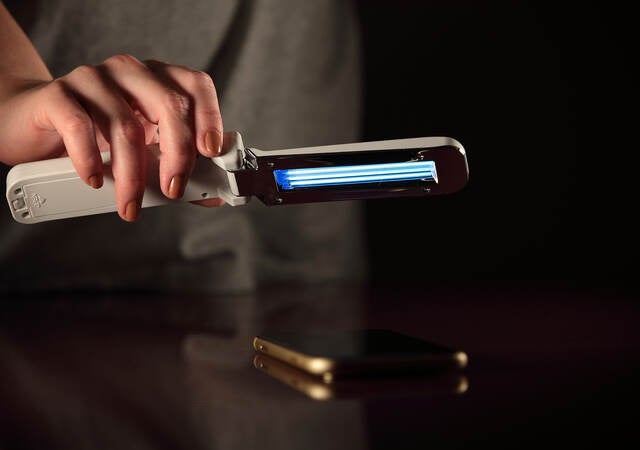March 27, 2025
By Annette Van Raamsdonk, Elizabeth Pugh and Evan Ruby
As Notified Bodies (NBs) in the European Union (EU) begin to roll out Article 16(4) of the European Medical Devices Regulation 2017/745 (MDR) and the European In-vitro Diagnostic Medical Device Regulation 2017/746 (IVDR) certification schemes, we at Emergo by UL share our insights on the requirements set out in Article 16 and their applicability to importers, distributors and other natural or legal persons who make certain modifications to medical devices and in vitro diagnostics (IVDs) placed on the European market. Article 16 of the EU) Medical Device Regulation (MDR) and In Vitro Diagnostic Regulation (IVDR) requires that importers, distributors, and other natural or legal persons (third parties) who make changes to the outer packaging of a device already placed on the market — including a change to pack size, or, for example, translating information supplied by the manufacturer — implement a Quality Management System (QMS). The Article 16(4) certification scheme aims to increase transparency, encourage free trade and expand the control of the Competent Authorities (CAs).
Applicability of the obligations set out in Article 16
Article 16 outlines the scenarios in which an importer, distributor or third party must assume the responsibilities of a manufacturer and is identical across the MDR and IVDR. Per Article 16(1), importers, distributors or third parties who carry out the following actions must fulfill the obligations of a manufacturer outlined in Article 10 MDR/IVDR, such as acquiring a CE Certificate for higher risk class devices:
- Makes a device available under their name; or
- Changes the intended purpose of the device; or
- Modifies the device in a way that may affect compliance with the applicable requirements.
Article 16(2) addresses relabeling and repackaging activities, clarifying that they are considered modifications that do not affect compliance and thus do not cause a shift of obligations from the manufacturer to the importer/distributor/third party. Importers, distributors, or third parties who engage in such activities are instead subject to Article 16(4) Certification and must adhere to the requirements set out in Article 16(3):
- Indicating the relabeling/repackaging activities carried out along with their name and address on the labeling.
- Note that there are ISO 15223-1 symbols to identify the entity responsible for translation or repackaging which should be utilized.
- Implementing a QMS that includes procedures which support the translation of information is accurate and up-to-date, that the translation or repackaging activities are carried out by means and under conditions that preserve the original condition of the device and that the packaging of the repackaged device is not defective, of poor quality or untidy.
- The QMS shall cover procedures confirming that the distributor or importer is informed of any corrective action taken by the manufacturer concerning the device in question to respond to safety issues or to bring it into conformity with the Regulation.
These relabeling or repackaging activities must be justified as “necessary to market the device” in the relevant Member State. When carrying out such activities, importers, distributors or third parties must make clear their rationale for the necessity of the change. For further detail, the European Commission has published MDCG 2021-26 Q&A on Repackaging & Relabelling Activities Under Article 16 of Regulation (EU) 2017/745 and Regulation (EU) 2017/746 specifically for importers/distributors/third parties who carry out such activities.
Importers, distributors and third parties carrying out activities under Article 16(2) are responsible for a) notifying the manufacturer and the CA of the Member State(s) where they plan to make the device available and b) submitting an Article 16(4) Certificate issued by a designated NB attesting that the QMS is compliant with Article 16(3) at least 28 days before making the relabeled or repackaged device available on the EU market.
Implementing a QMS compliant with Article 16(3)
Importers, distributors or third parties engaged in the activities discussed in Article 16(2) are thus required to implement and maintain a QMS compliant with Article 16(3), which outlines the requirements for a QMS. In general, the requirements are aligned with that of EN ISO 13485, though no specific standard is required. These QMS requirements are more thoroughly detailed in MDCG 2021-23 Guidance for Notified Bodies, Distributors and Importers on Certification Activities in Accordance with Article 16(4) of Regulation (EU) 2017/745 and Regulation (EU) 2017/746, which establishes guidance for NBs developing an Article 16(4) certification scheme. A QMS compliant with Article 16(3) is required to obtain Article 16(4) certification.
Article 16(4) certification
Overall, the Article 16(4) certification process bears similarities to the EN ISO 13485 certification process. When selecting an NB for Article 16(4) certification, they must be designated for the type of devices subject to relabeling or repackaging, which can be verified using the NANDO database. It should also be confirmed whether the NB conducts Article 16(4) certification reviews. This information is typically available on an NB’s website or by contacting the NB directly.
If relabeling/repackaging is carried out for devices under MDR and IVDR, separate applications must be made for each regulation. The NB will conduct an audit against the requirements set out in Article 16(3) (as outlined in MDCG 2021-23), including an initial audit, a surveillance audit and a recertification audit. These audits will take place at importer/distributor/third-party sites where Article 16(2) activities are conducted, as well as the sub-contractor sites involved in relabeling/repackaging, where applicable. Further audits may be required in case of an extension of the scheme’s scope.
Of note, all devices defined by the codes published in Implementing Regulation 2017/2185 may be certified under the Article 16(4) certification scheme. Devices out of the scope of Article 16(4) include devices in sterile condition and legacy devices.
How does Article 16(4) impact manufacturers?
Manufacturers are encouraged to consider the relabeling/repackaging activities of importers, distributors or third parties and the necessity and quality of such activities to protect against inadequate translations and inappropriate repackaging. Manufacturers should have controls in place to evaluate the information provided and the modifications made by the importer, distributor or third party, and proactively requesting a sample/mockup or labeling from the importer/distributor/third party is recommended.
Concluding remarks
The new Article 16(4) certification scheme represents a regulatory shift for those translating instructions for use (IFUs), relabeling, or repackaging medical devices and IVDs. These parties were indirectly addressed under the Directives and would thus run the risk of being considered the manufacturer when, for example, adding new claims to a translated IFU or repackaging devices without preserving the original condition of the device. Now, the regulations list the requirements that must be met. By understanding and adhering to these requirements, third parties and manufacturers can be confident of the continued compliance and quality of their devices. We at Emergo by UL offer expert guidance and support in implementing a QMS (full QMS and/or Article 16(4) QMS) and efficiently navigating through the ever-evolving European regulatory landscape.
Request more information from our specialists
Thanks for your interest in our products and services. Let's collect some information so we can connect you with the right person.






